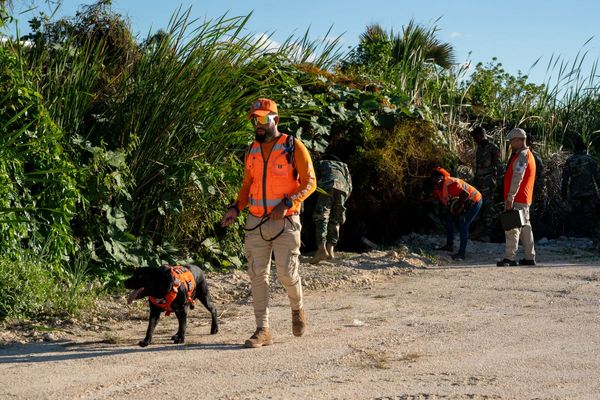Younger travellers are far more likely to fall for holiday scams than their older counterparts despite their reputation for computer savviness, according to a new report.
Some 41% of Brits have either been affected by fraud directly or know someone who has, with those hit losing an average of £1,168. Behind stolen credit card details and phishing, holiday related fraud is the most common kind of swindling.
A fifth of Gen Z Brits - people born between 1997 and 2012 - know someone who has been defrauded or have been defrauded themselves through a holiday scam, compared to 3% of Baby Boomers, according to data compiled by Airbnb and GetSafeOnline ahead of the summer holiday season getting into full swing.
Amanda Cupples, Airbnb general manager for the UK and Northern Europe, said: "With significant demand for travel following the lifting of restrictions, we want to make sure these are trips to remember - but for all the right reasons. Airbnb uses sophisticated defences to keep bad actors off the platform, but it’s still possible to be caught out by scammers, which is why our work with Get Safe Online to equip people with the tools they need to keep their money safe remains so important.”
The companies have compiled a list of dos and don'ts for protecting yourself online when booking a holiday.
- Beware fake emails, websites, texts, and social media posts : Never click on links that you’re not expecting. These types of communications, which may have an urgent tone, can take you to seemingly authentic but fake websites, designed to either capture your personal information or infect your device with malicious software.
- If it seems too good to be true, it probably is: If you find accommodation on a third party website like a social media platform - especially if the deal or offer seems too good to be true - it could be a scammer. They may encourage you to pay via a direct method like a bank transfer, or through a fake website.
- Don’t rush in, and take time to carefully review the details: Scammers may try to pressure you to book quickly. Before you book a place to stay, read the profiles of hosts and listings thoroughly and check out the reviews and ratings left by other guests. You can also contact the Host to ask any questions before booking by using Airbnb’s secure messaging tool.
- Protect your account: Use a password that is different to those used on other platforms and email accounts.
- Don’t give a security pin to anyone : Only submit the security pin through the website or app.
In research conducted by Opinium among 2,000 UK adults, the companies found that 30% of men are confident they'd never fall for a scam, compared to just 18% of women. With strong pent-up demand for travel, scammers are exploiting new ways to target people.
Over half (51%) of Gen Z and 38% of Millennials would use a social media platform to search for accommodation, which has become a popular destination for scammers. Yet 14% of Brits are unaware that scammers exploit fake social media accounts and fake online advertisements (15%).
For more stories from where you live, visit InYourArea.







